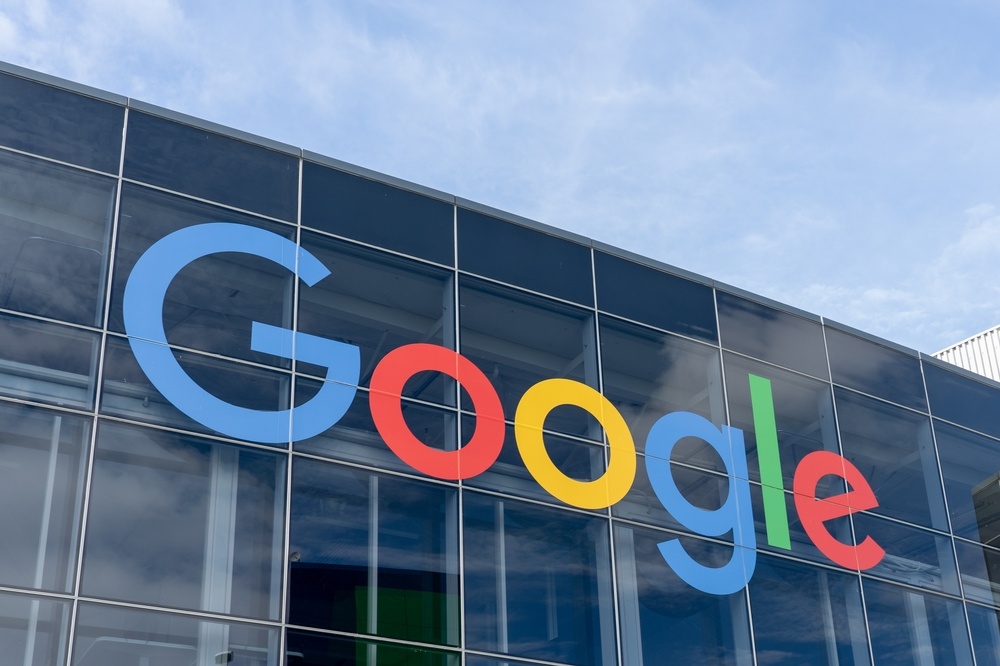Google launches new Axion chip with multiple advantages
Google is developing its Axion chip in-house, expecting to reduce its reliance on external suppliers and improve the performance and cost-effectiveness of AI services such as YouTube advertising and big data analytics.

According to reports, Google (GOOG) is autonomously developing the Axion chip, aiming to reduce reliance on external suppliers and enhance the efficiency and cost-effectiveness of services like YouTube advertising and big data analytics, among other AI services.
Autonomous Chip Development Strategy
Since the launch of ChatGPT at the end of 2022, triggering a competition in the AI field, Google has intensified the development of its in-house chips, transitioning from specialized AI chips to the new Axion chip to support the computational demands of large data centers. This strategy helps Google reduce dependence on long-term partners like Intel (INTC) and Nvidia (NVDA) and lowers costs.
Axion Chip Features and Applications
It is reported that the Axion chip is suitable for various tasks, including powering Google search engines and related AI work, especially in the context of AI requiring significant computational resources. Based on circuit designs from the UK-based company Arm, Axion makes Google the third major tech company, following Amazon and Microsoft, to utilize this architecture for data center CPUs.
Hardware Autonomy and Market Competition
While Google does not directly sell chips to customers, it provides customized chip leasing services for cloud customers, indirectly competing with Intel and Nvidia. Google has stated that the new generation of TPU is widely available, while Axion chips will be made available to external customers later this year.
Internal Development and External Collaboration
Since achieving breakthroughs in speech recognition technology in 2013, Google has been involved in developing internal chips. In addition to autonomous development, Google also collaborates closely with semiconductor companies like Broadcom (AVGO) to produce custom hardware. Recently, Google has accelerated the production of TPUs, partly in response to Microsoft's integration of AI functionality into the Bing search engine.
Outlook for the Future
With the rapid development of AI technology, Google has strengthened its competitiveness in cloud computing and AI through autonomous chip development. The success of the Axion chip not only improves the efficiency and cost-effectiveness of Google's services but also provides new opportunities for the company to maintain a leading position in the rapidly growing AI market.
Disclaimer: The views in this article are from the original Creator and do not represent the views or position of Hawk Insight. The content of the article is for reference, communication and learning only, and does not constitute investment advice. If it involves copyright issues, please contact us for deletion.